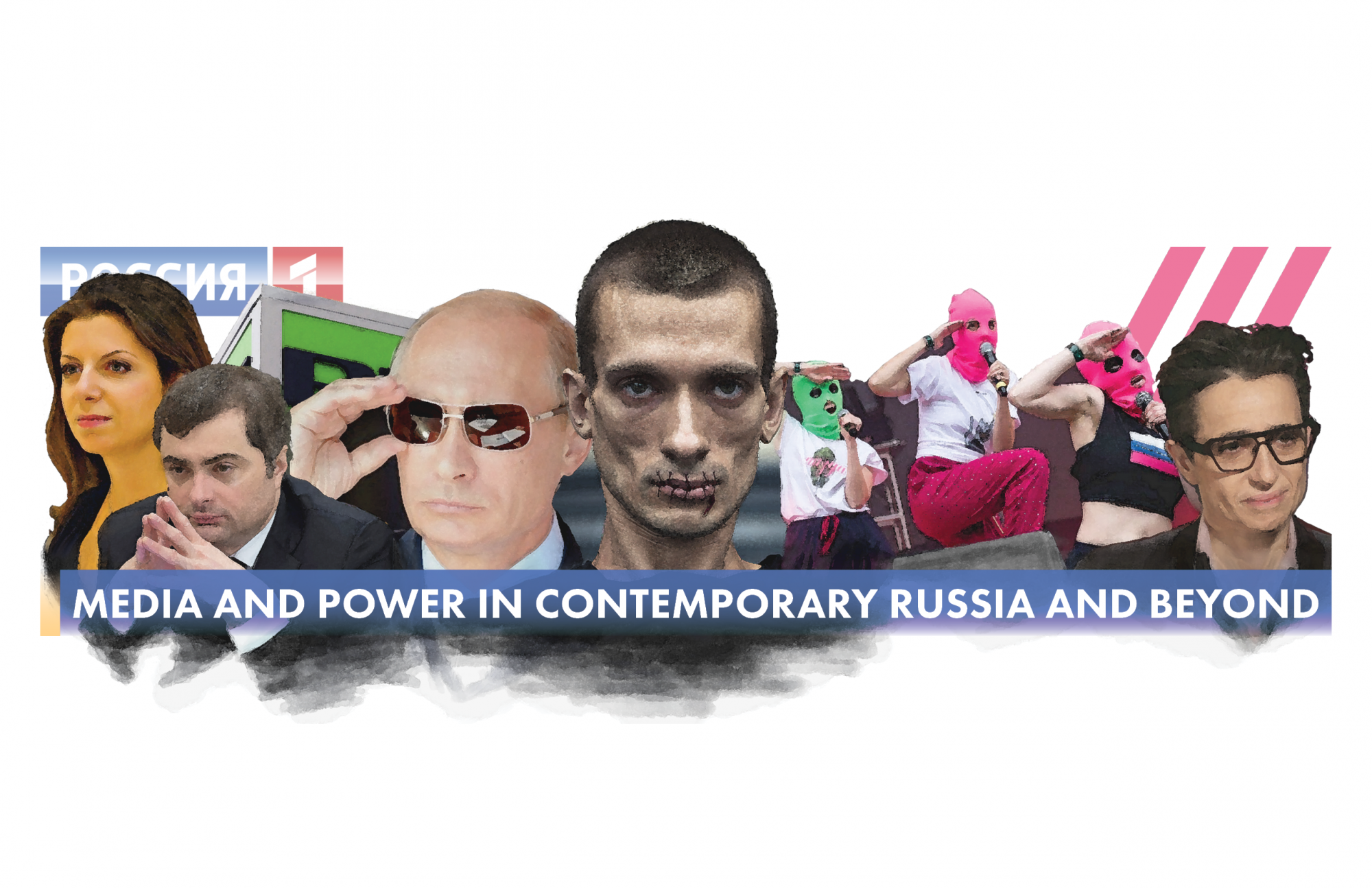April 27, 2018
Classics Room 110
1010 E. 59th Street
University of Chicago
10:00 AM to 5:30 PM
Click here to see the building location in uchicago Maps.
Click here to see the building location in Google Maps.
Events associated with the 2016 US Presidential election have drawn Russia’s political and media regimes back into public attention in this country. While much of this discussion has focused on accusations of media manipulation for strategic geopolitical advantage, scholars of Russia and other post-socialist states have long been paying attention to the multiple and changing entanglements of political and media spheres. If the 1990s saw the end of the tight censorship characteristic of the Soviet period, and the emergence of a complex, largely unregulated and chaotic media market in Russia, then the past 17 years have been a period of even more complex, and often puzzling transformation—during which increased state regulation and control over some media channels and narratives, has coincided with the development of a new online and social media ecology. Moreover, over the past five years, a number of stories and events—most notably, the Pussy Riot affair, the 2011 nationwide protests, the art protest actions of Petr Pavlensky, and the debates over LGBT rights—have all highlighted the complex roles of new (and old) forms of media in relation to numerous social and political issues. Moreover, numerous scholars have argued that the now globally visible political use of media simulacra—giving rise to a condition of “post-truth”—has been pioneered and used most widely in the Russian media landscape.
In this conference, we bring together an interdisciplinary and international group of researchers from the humanities and social sciences, including a number of leading scholars of and participants in contemporary Russian media worlds, in order to critically address the questions raised by these developments. For example, to what extent are arguments about the “legacies” of Soviet media practices useful in understanding today’s media landscape in Russia? What are the relationships between domestic and geopolitical dynamics in the shaping of contemporary media practices in Russia? What modes of interpretation, viewership, and reception have new forms of media — and their relationship to power — facilitated? While this one-day conference focuses on Russia, we hope to invite comparisons and discussions about how contemporary media worlds may be entangled across distinct political and social settings.
Co-sponsored by The Franke Institute for the Humanities, the Center for International Social Science Research, the Department of Slavic Languages and Literatures, the Department of Comparative Human Development, and CEERES.
